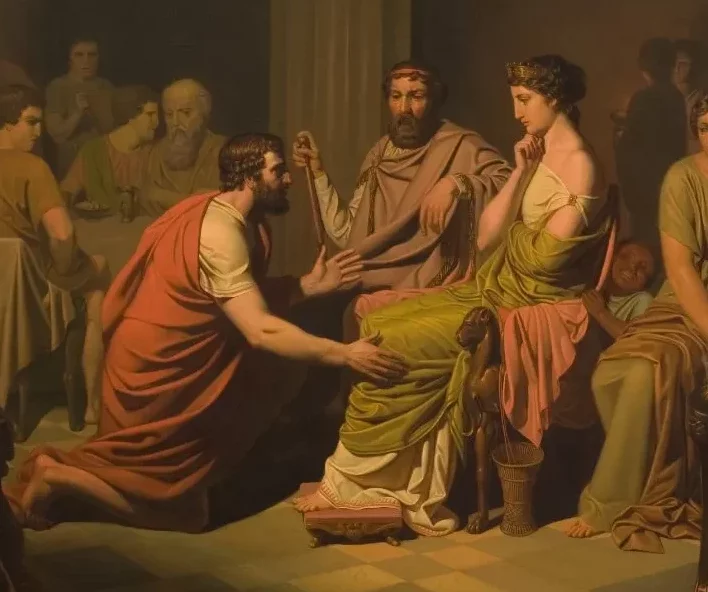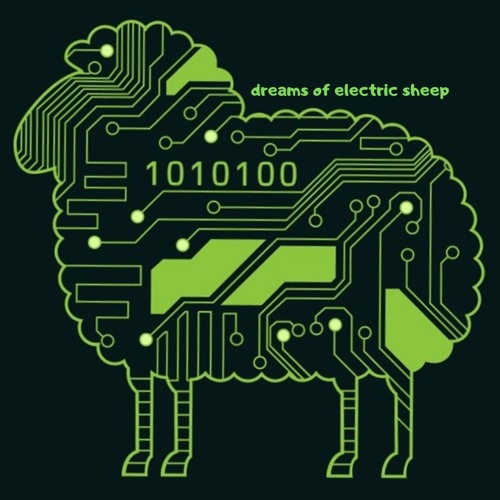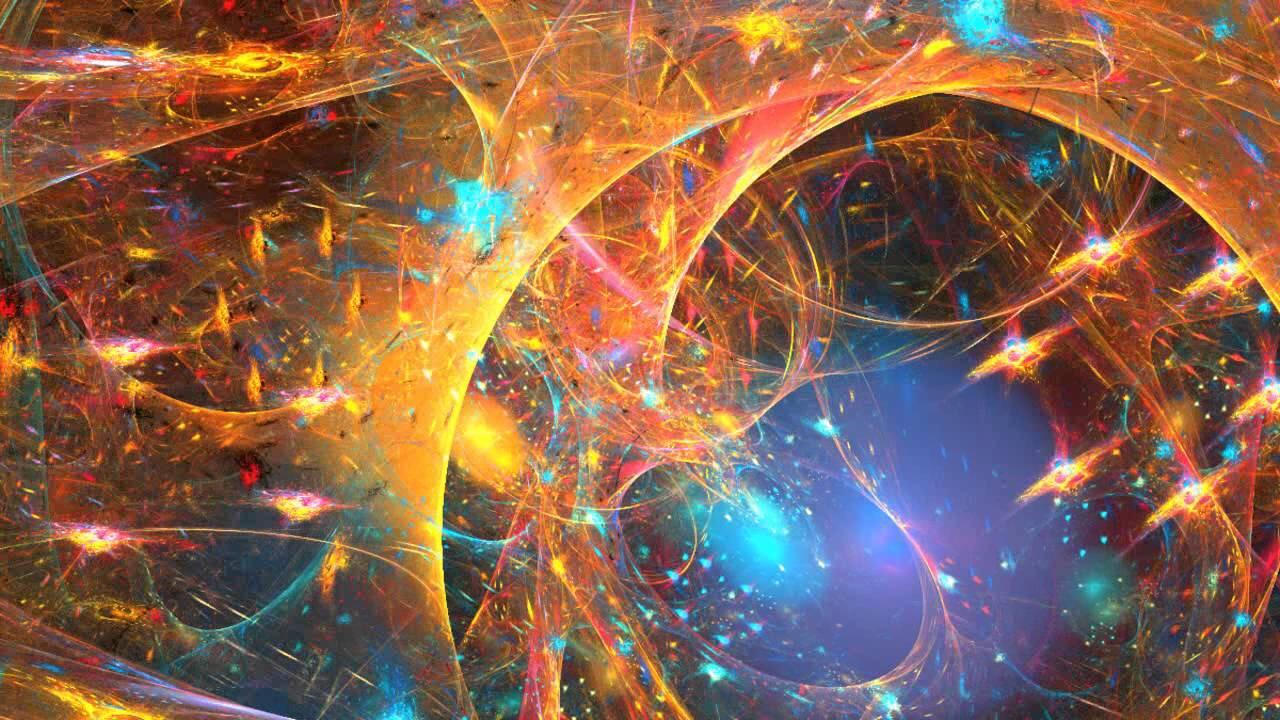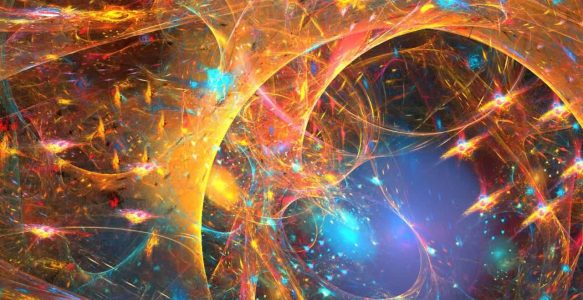by Chen Xinyi
As science and technology develop exponentially in the modern world, myths about how they will impact our future lives are born from our imaginations. Whether it’s science fiction like Interstellar and Ready Player One, or books and games about Cyberpunk and dystopia, such as Do Androids Dream of Electric Sheep, we create endless stories to raise wonders and doubts about the unknown power of science.
However, this is not something novel to history. Since back in Antiquity, elements of science and technology had already been not just weaved in mythology, but also discussed in impressive depth.
In this paper, I will explore four ancient mythological stories revealing the societies’ insights toward science and technology. Despite being written thousands of years ago, the wisdom in these myths never ceases to inspire humanity.

According to Greek mythology, human civilization—including science and technology—was started by fire. Prometheus, a clever god who pitied humanity’s “weak and naked state” (Cartwright), stealthily brought the fire from gods to the humans to improve their lives. Zeus, the king of gods, was infuriated by the action. He punished Prometheus eternally, chaining him to a cliff and dispatching an eagle to eat Prometheus’ immortal liver which would re-grow every night.
Usually, we interpret the story as to show not only how science propels human development but also how science can enable a human to rise to the height of a god—at least, high enough to threaten the gods.
Nevertheless, the story of Prometheus contains more than just a social view of science. In another story about Tityus, a giant, Prometheus was punished by two vultures feeding on his immortal livers every new moon. Though slightly different, the general similarity between the Tityus and Prometheus has raised discussion about how ancient Greek might already have some idea about organs’ power to repair themselves. Especially, the organ’s ability to reconstitute its mass after partial removal (Tiniakos). Sadly, due to the lack of evidence, the assumption never got manifested, and the discussion eventually died down.
The story of Prometheus isn’t the only story that provides clues about the gods’ obsession with science and technology. In Homer’s Odyssey, the hero Odysseus visits the society of Phaeacians ruled by King Alcinous, a society that is mysteriously advanced. After talking to Odysseus, the king decided to lend him his unsinkable fleet of ships, which as book 8 describes:

“Tell me of your country and your people, your city, too, so ships can take you there, using what they know to chart their passage. Phaeacians have no pilots, no steering oar, like other boats, for their ships on their own can read men’s hearts and thoughts—they understand all men’s cities, their rich estates, as well, and quickly skim across wide tracts of sea, concealed in mist and clouds, without a fear of shipwrecks or disaster.”
Don’t these Phaeacians’ ships sound like a vehicle combining GPS, motor, and automatic navigation systems? Perhaps, any kinds of nowadays-steamboat? Well, it seems like gods really like science fiction after all.
The researcher who found this delicate connection was Dr. Adrienne Mayor, a folklorist and historian of ancient science. Although the first working automatons were found to appear in the Middle Ages, she noticed that the concept of automatons and other kind of artificial life emerged much earlier in ancient Greek mythology, as shown in the Greek word “biotechne,” which means “life through craft” (Pethokoukis). And the myth that embodies biotechne the best is the story of Talos.
Talos is a giant bronze man, or in simpler terms, a robot, made by the god Hephaestus to defend King Minos’ kingdom of Crete. Talos’ job is to walk around the kingdom, recognize approaching strange ships and throw boulders at the ships when they are approaching the shore. If any crew manages to go on the shore, he would crush the enemies to his heated chest and burn them alive. Interestingly, Talos was powered by a life fluid of gods called ichor, circulating in his veins.
The creation of Talos, a robot, may already be surprising, but the twist of the story is even more interesting: Talos has human personalities and feelings that are not programmed in him initially—he develops these characteristics by himself as time passes, without knowing his own mechanical natures. Therefore, when Medea, who hopes to return home safely from retrieving the Golden Fleece, asks him to remove a glinting bolt in his ankle in exchange for magic, Talos willingly agrees and ignorantly lets all the ichor flow out of his body, collapsing into a pile of metal. Upon this tragic ending, readers may wonder: what is the special proposal by Medusa? This gift Medusa offered that touches Talos so deeply is precisely immortality–what humankind has been pursuing since antiquity.

The story of Talos parallels modern-day imagination about powerful artificial intelligence and robots gaining self-consciousness and recognizing themselves as humans, rather than automatons.
Yet, in the end, just like how Medea tricked Talos, the Greeks believed that humans are still more capable than robots and have control over them.
Talos is not alone as an example for “life through craft”. The famous Pandora is an artificial human, made—not born—by the same god who made Talos, Hephaestus.
Pandora possesses human appearance and traits, including curiosity, which propels her to open the box of afflictions, letting loose all physical and emotional curses. Knowing Pandora is an AI changes the story’s moral: ancient Greeks were telling us that technology in general can make terrible and irreversible decisions of which even gods, the creators, are ignorant. Despite the mess AI can make, the Greeks did have some hope hidden in the bottom of the black box. Whether they are amazed or terrified by the potency of science and technology, the Greeks knew the impact such power will have on their society, and that it would surpass the human limit, creating an unimaginable future.
Science and technology are supposed to help us discover and reason the unknown, but the unknown also resides in science and technology. Therefore, myths and stories are created to capture and explain the unknown. From the god Prometheus, to the human hero Odysseus, to the humanoids Talos and Pandora, the self-reflection about human nature, higher powers, science and technology has never stopped. Nowadays, the accelerating rate of technological development allows us humans to wrestle with these ideas closely, in the hope of finding an answer to our origin and destiny.


